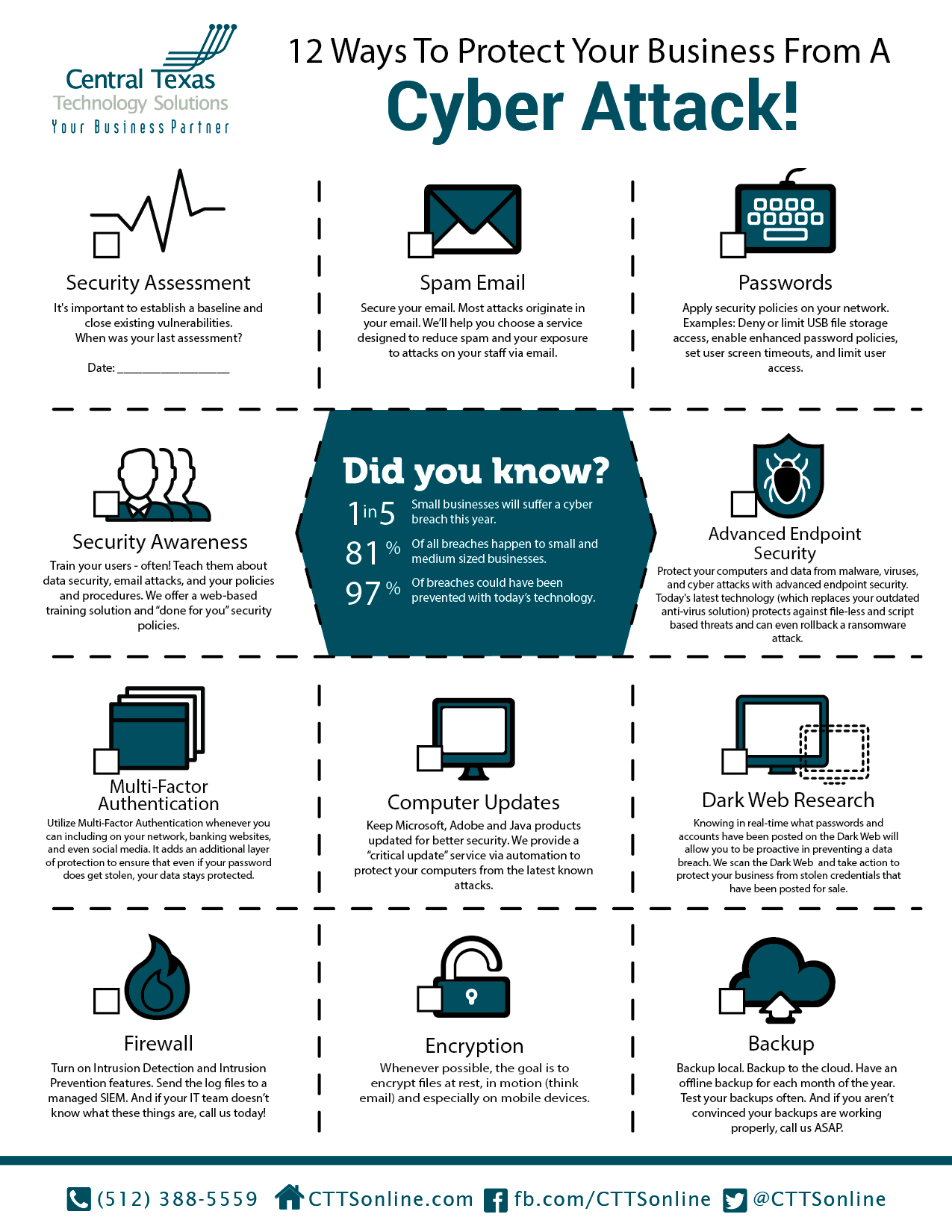In today's digital landscape, where cyber threats are growing more advanced, every business must prioritize cybersecurity. The challenge lies not just in understanding the risks but also in selecting the right partner to help mitigate them. With countless cybersecurity vendors available, the choice can appear intimidating. Yet, being aware of the key factors in a leading cybersecurity provider can greatly influence your success in protecting your resources and preserving your company’s image.
Finding the correct cybersecurity service provider necessitates thorough assessment of several elements. It’s crucial to review prospective partners on their background, credentials, and the particular services they deliver. Additionally, being aware of common red flags can help you avoid vendors that may not meet your needs or standards. By understanding the essential traits of a reliable cybersecurity provider, you can take a knowledgeable step that ensures your organization’s safety in the continuously developing threat landscape.
Key Attributes of Premier Cybersecurity Companies
When picking a cybersecurity firm, one of the most vital qualities to consider is their knowledge and experience in the field. High-quality cybersecurity companies ought to have a proven reputation of successfully safeguarding businesses from a range of cyber threats. This competence can be shown through examples, customer reviews, and the firm’s record of handling incidents. Firms that specialize in your field may be particularly valuable, as they will be more familiar with the specific threats and regulatory requirements you deal with.
Another key aspect is the diversity of services available. A reliable cybersecurity company must offer comprehensive solutions that address various aspects of security, including risk analysis, incident response, managed security services, and adherence to regulations. This breadth of services ensures that your business can receive a holistic approach to cybersecurity rather than piecemeal solutions. Look for a firm that adapts its services to fit your company’s distinct needs and can evolve with the shifting landscape of cyber threats.
Ultimately, effective communication and support are crucial traits of a high-quality cybersecurity firm. They should prioritize transparency and provide regular updates on security measures and incidents. A responsive support team that is available to handle your concerns and answer critical questions can make a noticeable difference in your overall security stance. Consider firms that prioritize customer service and have set up protocols for communicating with clients, as this indicates their commitment to building a sustained partnership.
Essential Questions for Cybersecurity Vendors
When evaluating potential cybersecurity vendors, it is essential to inquire about their expertise and knowledge in the field. A fundamental question to pose is about their background with companies similar to your own. This will offer insight into their grasp of your particular industry challenges and regulatory necessities. Additionally, request details about the certifications and credentials of their team. Technology Advisors of industry benchmarks can suggest that they adhere to established norms and regularly update their competencies to keep pace with evolving threats.

Another important area to explore is the range of offerings they provide. Ask whether Tech Industry Consultants provide a complete suite of cybersecurity solutions, including threat detection, incident response, and ongoing monitoring. Gaining insight into their methodologies for addressing various security issues is vital. Inquire about their approach to risk assessment and mitigation, as well as how they customize their services to meet your unique business requirements. A well-rounded provider will be able to create and implement a customized strategy that matches with your objectives.
Ultimately, evaluate their customer assistance and reporting practices. Ask potential vendors how they interact with clients during a security incident and what type of updates you can expect regarding security status and incidents. Understanding their incident response process and the level of openness in their operations is crucial for building trust. A reliable vendor will prioritize clear communication and provide regular updates to ensure you are up to date and comfortable with your cybersecurity strategy.
Red Flags When Selecting a Cybersecurity Partner
Choosing a cybersecurity partner is a significant decision for any company, and it's vital to be cognizant of potential warning signs during the review process. One key warning sign is a absence of openness regarding their offerings, approaches, or pricing structure. If a provider is reluctant to disclose details about their specific security measures or how they manage incidents, it may imply they are not assured in their capabilities or have something to hide. Clear communication and honesty are crucial in building trust in any vendor relationship.
An additional red flag is an lack of pertinent experience or qualifications within the cybersecurity field. It is critical to ask about their history and any field-specific certifications they possess. Providers should exhibit experience in managing threats similar to those your business faces. If they are unable to provide examples, testimonials, or reputable partnerships, it may imply they are not adequately prepared to meet your cybersecurity requirements.
Finally, be cautious of companies that offer unrealistic results or outcomes. Cybersecurity is inherently volatile, and any vendor that claims total protection or a risk-free environment might be misrepresenting their capabilities. Effective cybersecurity requires continuous effort, adjustment, and alertness. Ensure that your potential partner communicates feasible expectations and emphasizes a preemptive and holistic approach to security management.
